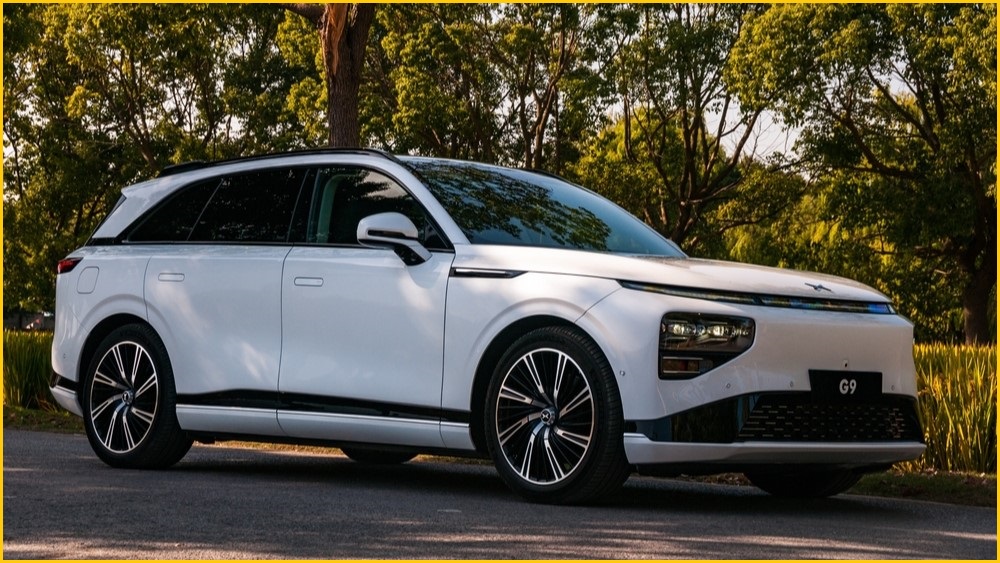An Opposition Senator has accused Home Affairs Minister Tony Burke of “driving around in a Chinese-listening device” after it was revealed that he owns an electric vehicle made in China.
At a Senate Estimates hearing this week, Shadow Home Affairs Minister James Paterson questioned department representatives on the risks related to China-made electric and internet-connected vehicles, in light of the United States revealing plans to effectively ban these cars in America.
Home Affairs deputy secretary Hamish Hansford confirmed that the department is “looking at the security issues of connected vehicles”, and that Burke had been briefed on these matters.
Paterson then made the “stunning revelation” that Burke, who is responsible for the cybersecurity portfolio, is the owner of a Chinese-made EV. The Liberal Senator labelled this “incredibly reckless”.
“Despite briefing the Minister for Home Affairs and Cyber Security about these risks on multiple occasions, the minister himself drives a Chinese-made EV,” Paterson told 5AA Radio.
“This is his personal vehicle, and driving around in a Chinese EV is effectively like driving around in a Chinese-listening device. Given the advice we have been given by Home Affairs, it’s astonishing to me that the Minister for Home Affairs is prepared to run that risk and isn’t prepared just to change to a non-Chinese made vehicle or EV that would eliminate that risk.
“The Minister needs to look in his own backyard first and stop driving around in a Chinese made EV, which poses these risks that his own department has warned him about.”
In response to questioning in the Estimates hearing, Labor Senator Murray Watt said Burke had taken “appropriate precautions” in relation to the EV.
“Immediately on being appointed to this portfolio Minister Burke informed his department and security agencies that he had a Chinese-made vehicle,” Watt said.
“He was given advice on the appropriate precautions to take and has taken those precautions. I think the most prudent thing for Australian ministers to do on national security matters is to rely on the advice of Australian security agencies.”
US and EU turn on China-made EVs
There have been growing concerns among Western nations over potential cyber and data security threats posed by electric vehicles and internet-connected vehicles made in China.
Last month the US government proposed a prohibition on connected cars built by Chinese companies either in China or outside it, on top of previously announced tariffs on Chinese EVs.
This came after US lawmakers earlier this year labelled these vehicles as an “existential threat to the American auto industry”.
The European Union has also implemented tariffs of up to 45.3 per cent last month on China-made EVs.
Paterson said that he is concerned about the cybersecurity implications of these vehicles in Australia.
“The important way to think about it is that a connected EV vehicle is basically a computer on wheels,” he said.
“And what that allows it to do, according to Home Affairs, is listen to the occupants inside the car, track the movements of the car throughout a city or state, collect the video which is being recorded outside the vehicle and things that you drive around, and also compromise any devices that are plugged into the vehicle, for example, your phone.”
But he said that he does not believe Australia should follow in the US’s footsteps and ban them entirely.
“I don’t think we need to restrict Australians’ choice,” Paterson said.
“What we need to do is implement strict mandatory minimum cybersecurity standards that apply to all car makers, including Chinese EVs.
“We need to set a high standard that we say we want people to meet if they want to sell cars in Australia and it’s up to car makers wherever they are in the world to meet that high standard.”
There is legislation currently before Parliament giving the Home Affairs Minister the ability to set minimum cyber security standards, including in the automotive sector.










